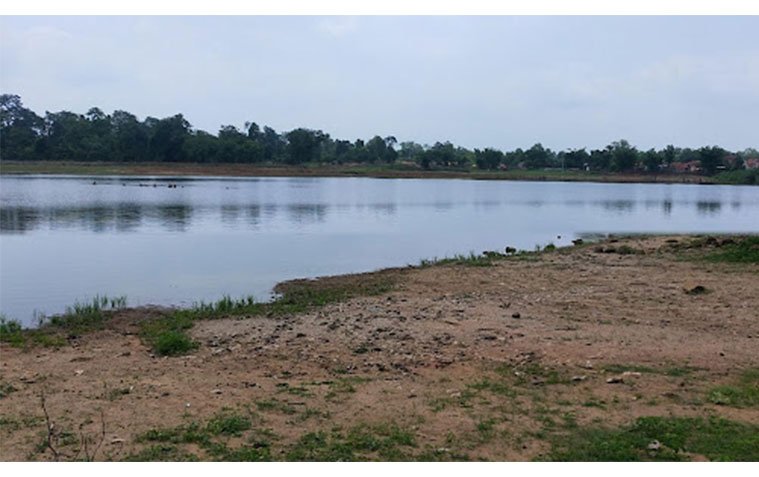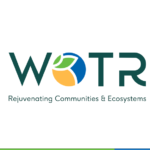Also known as WOTR the Watershed Organisation Trust was founded in 1993 with the aim of tackling rural poverty by holistically rejuvenating rural communities and their ecosystems. This involves working at the grassroots to empower Indian villages to manage their land, water and forest resources efficiently, in order to depend on them for sustainable livelihoods.
WOTR works in more than 5,100 villages across 10 states, where its programmes have restored 2.45 million hectares of degraded land and watersheds, creating158 billion litres of potential water harvesting capacity. Some of its many programmes include soil, water and biodiversity conservation, afforestation and reforestation, water harvesting and irrigation, and groundwater mapping and management.
It has also worked to increase agricultural productivity by 15-20% in its target areas, through interventions like promotion of indigenous seeds and livestock, pest and disease management, fodder development and establishing processing and produce collection centres. WOTR’s programmes for skill training, micro-enterprises and support of agri-allied activities has has led to a 25% increase in non-farm income. This, in turn, has led to a 50% reduction in distress migration from these areas.
WOTR also has programmes for women’s empowerment. It has formed more than 10,000 self-help groups consisting of more than 1.2 lakh women members, and created over 2,100 new women-led enterprises.
The project supported by MFE:
Integrated Community-led Water Resource Development and Management Programme
This three-year project has been designed specifically to increase incomes and build sustainable livelihoods for residents of 35 villages in Dhanora, a block in Maharashtra’s Gadchiroli district. It aims to benefit 400 households in the first year, and increase that number to 1,699 households by the end of the project period.
Under the project, WOTR plans to increase average annual household income by at least Rs 46,490 at the end of three years. It envisages that there will be a further annual increase by Rs 62,258 in the year after the project is completed. This amount is meant to include Rs 33,209 from agriculture, sustainable for at least eight years; Rs 12,860 from the sale of forest products, expected to be sustained in perpetuity; Rs 7,673 from livestock and animal husbandry and Rs 4,931 from horticulture and forestry, both of which are to be sustainable for at least 15 years.
WOTR aims to achieve these outcomes by implementing several of its time-tested programmes that it has run in other villages across India. This involves setting up water harvesting infrastructure that will create the potential of at least 3,137 thousand cubic metres of harvested water. It has committed to increasing the seasonally irrigated areas in Dhanora from the current 1,080 acres to at least 2,280 acres. The project will introduce improved agricultural practices in 3,000 acres of farmland. All the programmes aim to increase crop production in the 35 target villages from the current eight quintals per hectare to at least 12 quintals per hectare. The project will also measure women’s empowerment in Dhanora by monitoring the increase in the turnovers of women’s self-help groups and the number of women owning land.


